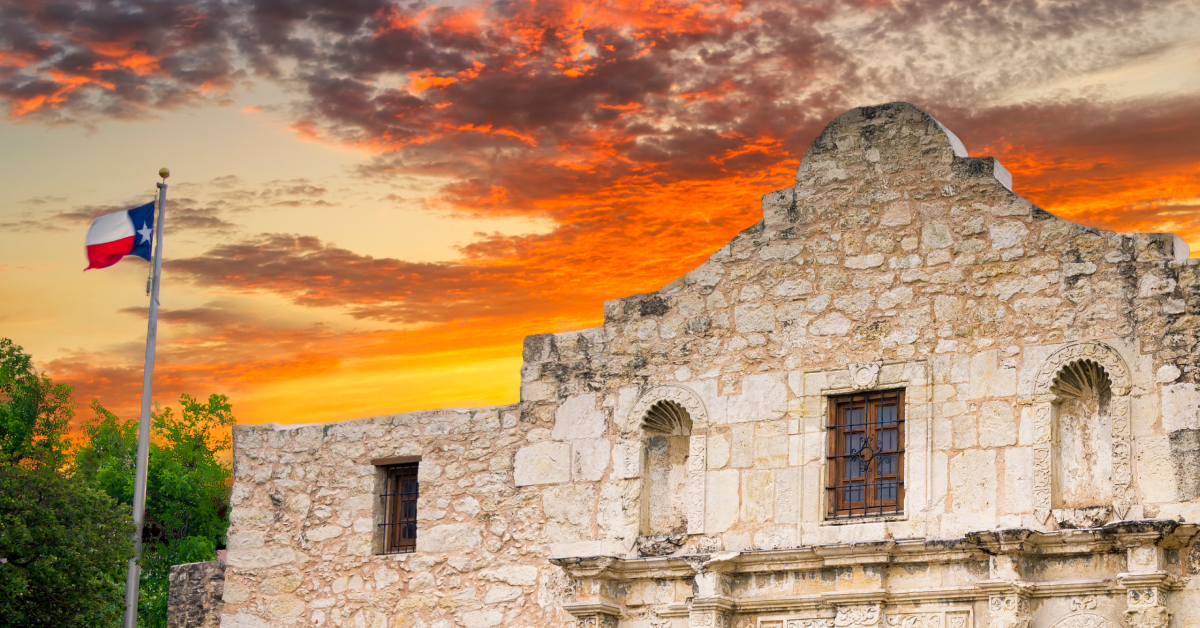It was the attract of peanut seed that drew a big-dreaming starting gardener to the Southern Publicity Seed Alternate catalog a long time in the past. I used to be madly imagining a zone-defying journey with the tropical legume in my decidedly Northern plot.
What I discovered at Southern Publicity amounted to much more than mere peanuts, and approach past the packets of collard seed and okra that I added to my order from their listing of Southern specialties.
I started an training there — and at Seed Savers Alternate, and some different like-minded catalogs which are not round — centered on the lesson that seeds are not any mere industrial product, however the embodiment of our residing historical past.
In these catalogs, I obtained encouragement, and data, to be taught to develop every crop organically and save its seed, rekindling a standard talent that empowers us to feed ourselves season after season, whereas serving to to maintain seed strains going.
For some 40 years, Southern Publicity has stewarded an ever-evolving listing of regionally and culturally necessary seeds, now numbering round 800 varieties. And for a few quarter of a century, Ira Wallace, 74, has performed a key position on the firm, which has been owned since 1999 by the place she has lengthy known as house.
The farm-based Acorn Group is a secular, egalitarian intentional neighborhood on 72 acres in Mineral, Va., that helps “radical sharing” and “encourages private duty,” based on its web site. Such ethics, and the power solid by its communal spirit, have been property within the face of the seed business’s fashionable period of dramatic consolidation and its concentrate on the pursuit of patented varieties.
4 multinational giants which are additionally within the pesticide enterprise now personal a lot of the dear genetics of our agricultural crops; seed has turn out to be mental property.
However not right here. Southern Publicity gives heirloom and open-pollinated seed, every selection with a narrative to inform — a hyperlink to those that grew it earlier than, and the locations it originated.
One which Ms. Wallace seems to be ahead to every 12 months is roselle (Hibiscus sabdariffa), an enormous, lovely plant that produces “the zing in Crimson Zinger tea,” she mentioned. It was once grown in Florida, the place she was raised. It’s typically known as sorrel or Jamaica sorrel; within the Nineties, it was known as Florida cranberry.
‘Collaborators, Not Rivals’
Southern Publicity mails out about 80,000 catalogs every year. In 2022, it stuffed 52,000 orders, most to clients within the Mid-Atlantic and Southeast, with a phase of customers elsewhere wanting a style of the area — as these long-ago peanuts promised me. Radiator Charlie’s Mortgage Lifter tomato, with large fruits exceeding two kilos and typically reaching 4, is one such headliner.
As if her position there and because the elder at Acorn weren’t sufficient, Ms. Wallace applies her seemingly inexhaustible power to different types of nurturing as nicely, and to educating. Prepandemic, she was a Woman Scout chief and “the maths woman” on the native library, utilizing math video games to have interaction kids with numbers.
She has additionally mentored numerous grown-ups who had been interested in seed farming, serving to to attach them with different growers who may share info and gear, bettering their possibilities of success.
She even mentors different seed firms.
“I bear in mind a extremely early dialog, the place Ira advised me small seed firms wanted to be collaborators, not opponents,” mentioned Chris Smith, the chief director of the Utopian Seed Undertaking, a North Carolina-based crop-trialing nonprofit. He expressed gratitude for Ms. Wallace’s position in serving to to jump-start the Heirloom Collards Undertaking, which he’s a part of, and her early assist of one other small Southeastern specialist catalog, Sow True Seed, the place he labored.
The position she has assumed has been described by many — together with Ms. Wallace herself — as that of a godmother.
“Once you say her identify in our neighborhood, all this love comes up — a standing ovation each time, from all of the younger’uns and associates who sit at her toes, whom she has blessed,” mentioned Bonnetta Adeeb, of Ujamaa Seeds. Ms. Wallace has suggested Ujamaa, a collective of Black and Indigenous growers specializing in culturally related seed, which simply launched its second on-line catalog.
Witnessing this traction is joyful for Ms. Wallace, and even somewhat stunning, in one of the simplest ways — notably set towards the backdrop of the final century’s sharp decline in Black-owned American farms, to fewer than 1 p.c right this moment.
“The seed world is a very white facet of the sustainable agriculture motion,” she mentioned. “The place Black folks had been coming in in any respect to farming was in CSAs and that facet of the meals system — to not develop seed.”
She is delighted to assist Ujamaa’s younger and rising seed farmers, alongside retired educators and people within the BIPOC neighborhood who need to farm, she mentioned: “That is undoubtedly one thing I didn’t suppose I used to be going to see.”
Southern Peas, Greasy Beans and Extra
There are flowers and herbs within the Southern Publicity catalog, too, however it’s the normal Southeastern greens whose tales pull me again yearly.
That is the place I met greasy beans and sure different pole beans, together with Selma Zesta, whose pods stay tender even after the beans have swelled inside, offering inexperienced and protein in every mouthful.
Ms. Wallace has a particular affection for the Whippoorwill pea, a Southern pea or cowpea — not the inexperienced shelling or English pea (Pisum sativum), however Vigna unguiculata, the identical species as asparagus beans. Whippoorwill traveled with enslaved folks from Africa to the Americas, the place it was ultimately grown by Thomas Jefferson at Monticello.
Cowpeas, which develop on vines, might be shelled and eaten inexperienced or used as dry beans.
“I can’t do with out them,” she mentioned. “They remind me of my grandmother, who raised me, who all the time grew them, they usually’re cheap protein. The vines construct the soil, and you’ll feed them to your critters you probably have animals in your farm. What’s to not like?”
A dozen collard varieties sport leaves starting from inexperienced and blue-green to the yellow-green ones of Yellow Cabbage Collards, a North Carolina heirloom whose leaves kind a unfastened head. Perhaps probably the most placing is a variegated Florida heirloom; half of its leaves show white markings in winter.
And transfer over, kale: Collards are simply as versatile, whether or not they’re harvested younger or totally grown, to steam or sauté; or serving because the wrapper for dolmas; and even dehydrated and crispy. The Heirloom Collard Undertaking, whose members embody Seed Savers Alternate, Southern Publicity, Ujamaa and the Utopian Seed Undertaking, hopes to persuade us to make room for a row.
Go Forward, Attempt Some Okra
In the best way that the South’s inhabitants has developed, so has the Southern Publicity seed listing. Alongside Doe Hill golden candy bell pepper, a pre-1900 Virginia household heirloom, is Pimiento Lago Agrio, an Ecuadorean candy pepper with two-inch, pumpkin-shaped fruits. An Acorn Group member whose mom is from Latin America volunteered with Ecuadorean seed-saver teams, forging the connection.
“We realized that, similar to the European immigrants unfold their variations of various greens round, that the present immigrants have communities and varieties,” Ms. Wallace mentioned. “We’re attempting to make that part of the net of American heirlooms we provide.”
Many gardeners, notably Northern ones, might not have grown a single okra (Abelmoschus esculentus), a mallow member of the family. It has been in Southern Publicity’s assortment from the beginning, as if making ready the bottom for Mr. Smith, whose ebook, “The Entire Okra: A Seed to Stem Celebration,” turned a 2020 James Beard Basis Award winner.
The present catalog lists 20 okras, together with the winner of Mr. Smith’s 2018 trial of 76 varieties, Puerto Rico Everblush — early yielding, bountiful and scrumptious.
“Rather a lot are household heirlooms, just like the Reveals okra, which we bought out of the primary 12 months of the pandemic and simply acquired again in,” Ms. Wallace mentioned.
However some are “simply enjoyable,” she added, like Okinawa Pink, from Japan: “It’s such a vivid pink coloration that youngsters come to it like bees to honey.”
Peanuts in Colours, Onions in Combination
The peanuts that first pulled me in have been there alongside okra because the begin, or thereabouts — and never simply familiar-looking reddish-brown ones, however these with variegated, striped and black nuts.
Additionally marking a long time on the listing are yellow potato onions (Allium cepa var. aggregatum), a favourite of Ms. Wallace’s that can also be standard with clients, and is shipped out every fall as bulbs. Southern Publicity reintroduced that perennial onion in 1982, from a pressure relationship to earlier than 1790. “That’s one thing that, yearly, we by no means have sufficient of,” she mentioned.
It’s certainly one of her must-have crops — like a bigger shallot, however with extra true onion taste. Adaptable to the entire United States, aside from Florida and South Texas, its bulbs are distinctive keepers, lasting a 12 months or longer below good storage situations.
The final phrase of its Latin identify, aggregatum, is a tipoff to the a number of onions that develop in mixture — a bunch of people nested collectively. And certainly one of its frequent names is mom onion.
Someway all of it appears to suit that this explicit godmother to so many seeds, and seed folks, would have a rapport with a mom plant that thrives, and produces, in neighborhood.
Margaret Roach is the creator of the web site and podcast A Solution to Backyard, and a ebook of the identical identify.
For weekly e mail updates on residential actual property information, enroll right here.









